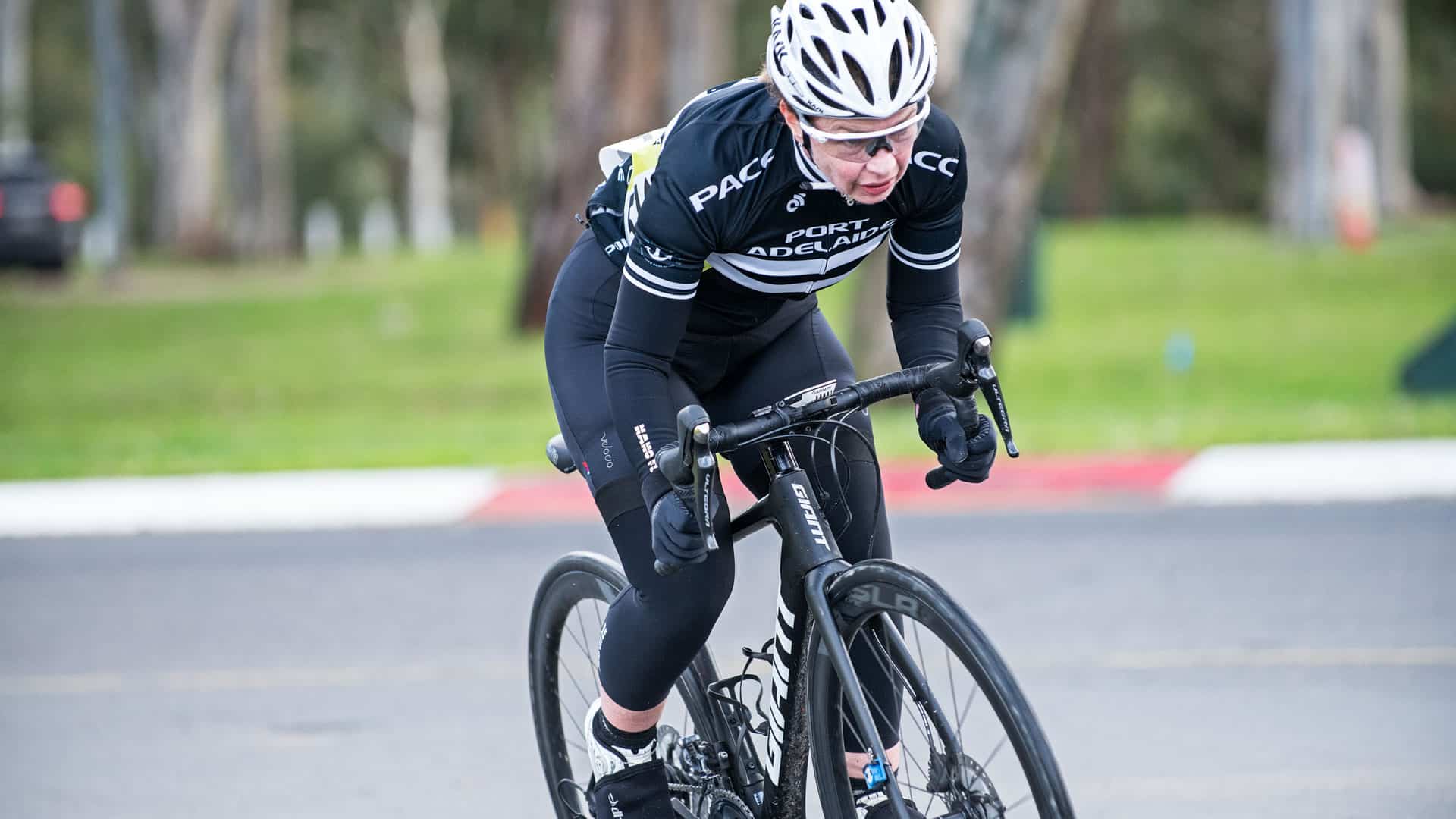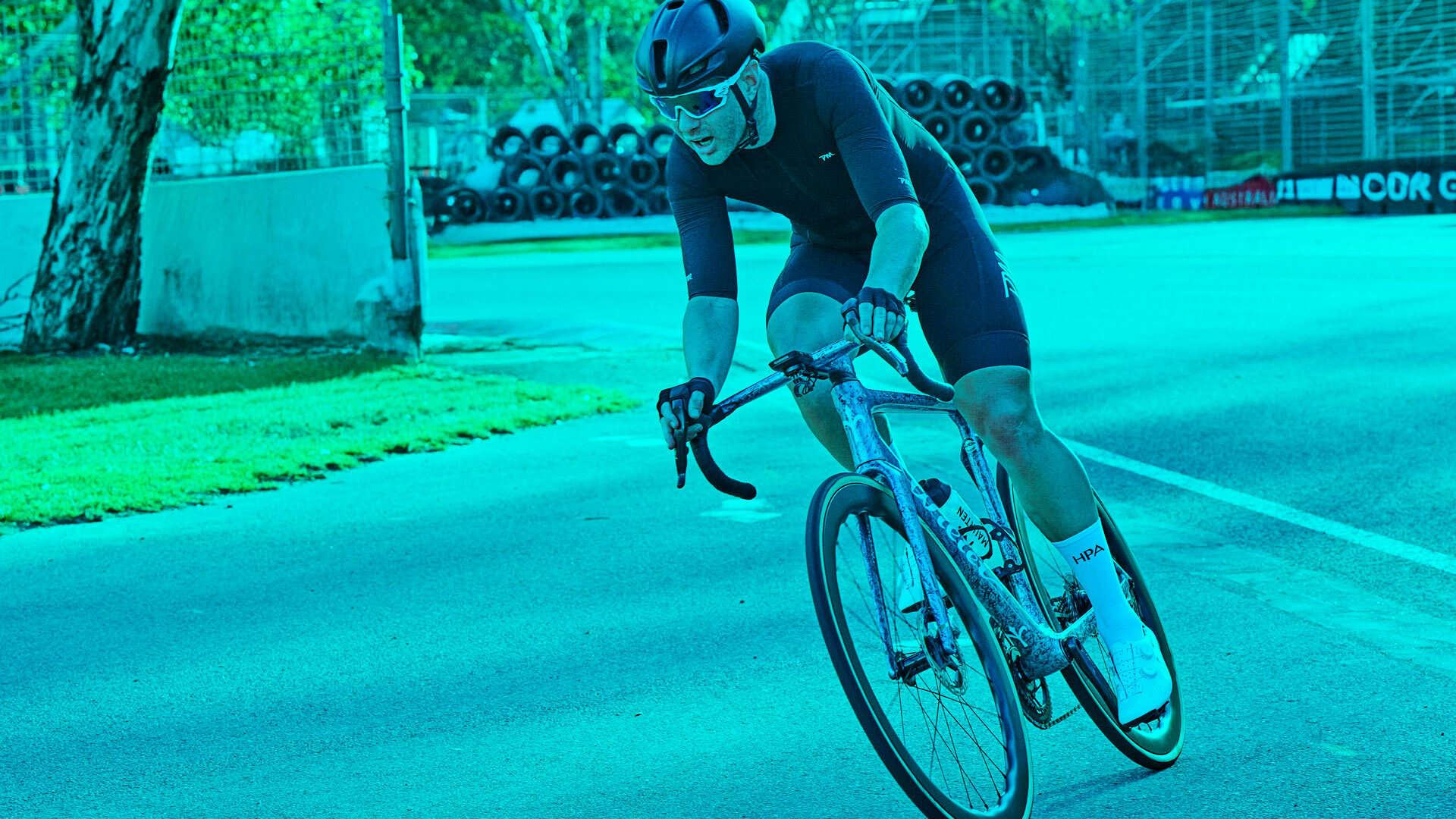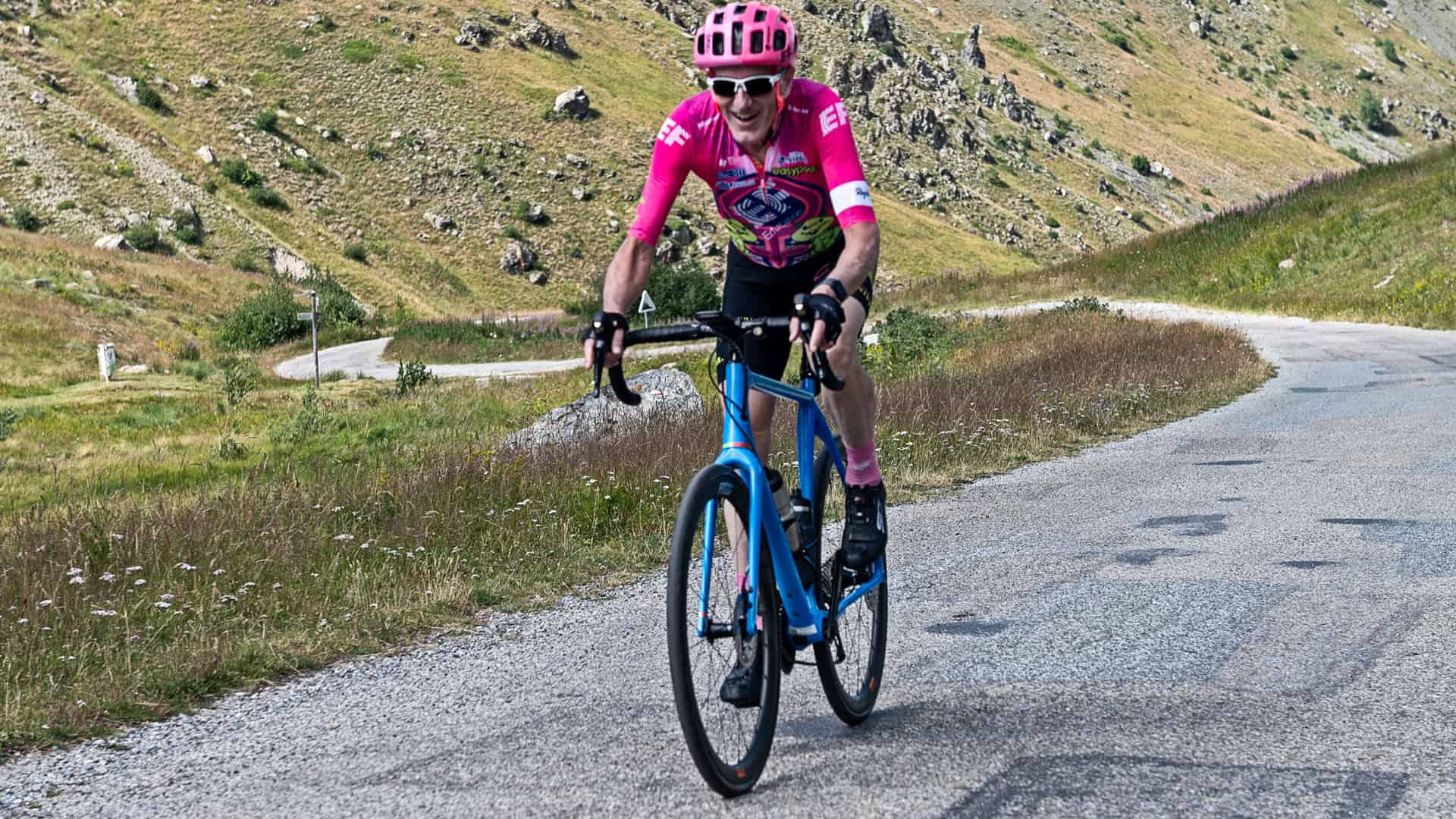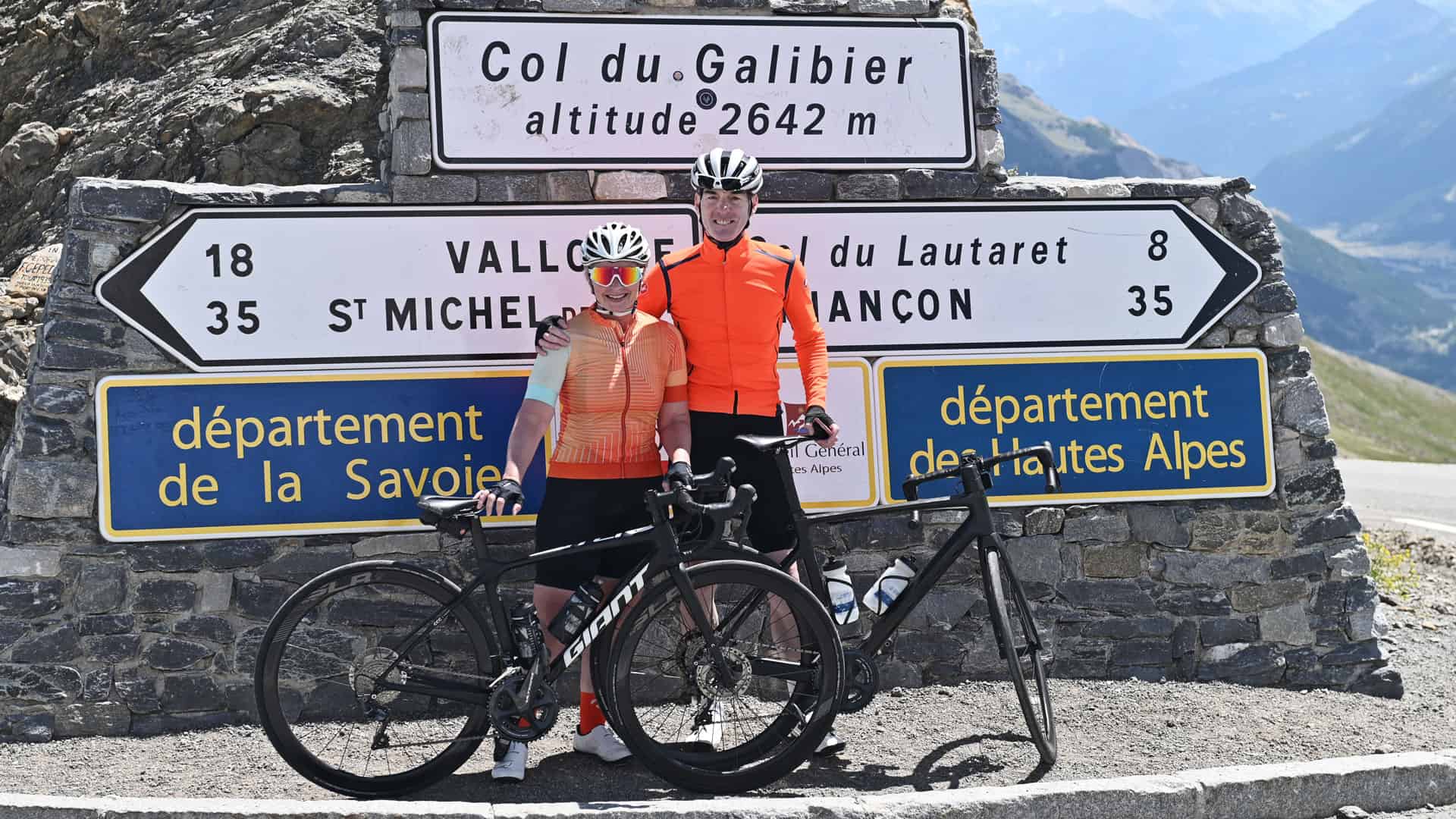In this video we cover off: How to Start Cycle Racing, Gym Workouts to Develop Strength on the Bike and How does Mental Attitude Effect Performance
In this video we talk about:
00:23 – How to Start Cycle Racing
03:15 – Gym Workouts to Develop Strength on the Bike
04:13 – How does Mental Attitude Effect Performance
Video Transcript:
Hi, welcome to Cycling-Informs weekly update. My names David Heatley, and were going to be answering a lot of Facebook questions in this episode. But first, dont forget to like us on Facebook and follow us on Twitter. Also we do have an email newsletter, that we send out every week with our cycling tips and all the updates on our website.
The first ones from Peter, and hes asking, Any advice for somebody who wants to start racing?
The first thing you want to do around starting to race, is you want to contact your local cycling club. Now there are two categories of cycling clubs here in Australia. We’ve got the Veterans category of racing clubs, and they’re specifically for people that are over the age of 35 [for men and 30 for woman]. Then we have the and that’s run by the Veterans Cycling Council of Australia. We also have Cycling Australia, that runs all the main cycling open races, and they’re aligned with UCI, so they’re a separate cycling body. Now, it all sounds a little bit confusing, but just remember that there’s two major cycling bodies here in Australia. The Cycling Vets, for people over 35, and also the open category, Cycling Australia. Cycling Australia run races for all ages groups, including a Masters category, which starts at the age of 30. They also do Juniors as well.
What you want to do, is find your local club, and find out where they’re racing, and then go along to a few races. Now, you obviously, dont need to start racing at that point, you can just observe. All races are graded here in Australia, and that’s pretty much the same for the rest of the world. The grading system is either done by age group, or its done by ability. It really depends on the race. Now some races and usually, at state and national level, they’re done by age groups, go you’d have Junior categories, Open categories and Masters categories. You’d also have separate divisions for men and women.
The other grading system is by ability. That’s generally run at the local club level. What you’ll find is, that when you go along to races, they’ll be certain grades, A-grade, B-grade, C-grade, D-grade, E-grade and sometimes even F-grade. In America, I know that they instead of having A-grade, they have Category one, Category two, Category three, Category four, et cetera. To race, you obviously need a license for insurance. Now, here in Australia, we have the ability to be able to enroll into races under what we call a Day License. That allows you to race, just for that specific day. Generally, once you’ve gotten into racing, you’ll want to get yourself a license with a particular club, and that means, that you’ll be able to race all year round.
Some more information there’s two websites that you can visit. If you’re a veteran rider that’s over the age of 35? You can certainly visit the Australian Veterans Cycling Council. Their web address is www.ausvetcycling.com. Now, the other one is Cycling Australia, and their website address is www.cycling.org.au.
Both Ben and Mark have asked very similar questions. Ben’s asked cycling specific gym routines to improve cycling fitness. Marks asked cycling specific exercises be that gym or non-gym and core exercises. Now, we’ve got the Matt Brindle Functional Strength Training that we created in 2007, to address functional strength and strength on the bike. Its been one of our best sellers, and what I recommend you do, is check that out. Its available on our website. We’ve specifically developed it for cyclists to develop strength, whether it be for, time trialing, hill climbing or just general riding, and its been very successful. Weve used it, not only for recreational riders, but also for our successful campaigns at state and national and also world competition events. When you have the opportunity do check it out on our website, the Matt Brindle Functional Strength Training.
Adams asked a very important question. He says, Does mentality play an important role in winning or losing races? Well Adam, yes certainly, when you go into a race, its really important to have a good mental attitude. As a coach, Im dealing with this all time, with the athletes that I’m working with. One of the really important things that we work on is, both mental and logistical preparation. One of the first things that I do is, I work through their goal setting with them. What were looking for here to address is, what their specific goal or goals are in mind, the races or rides, that they want to do really well at. Then I look at where they currently are physically at the moment. Then we work through a plan on improving their fitness, to get them to a level so that they’re ready to compete in those sort of events.
Sometimes, we may have to reset our clients expectations, around the timing associated with getting them to the event. I can always work on getting them to the event in their best possible form, but it may not necessarily be good enough for that particular event. Sometimes, I also need to address their time-frame around achieving their goals. So for obviously, very, very big goals, we may have a three or four year time lead into that particular goal, whereas, some other goals may take only 12 weeks to achieve.
Theres nothing worse than rocking up to an event and feeling like you haven’t done enough training. By working through the planning, and goal setting, associated with a particular event, we can then ensure that your athlete arrives at a particular event in the best possible condition, and that’s a really big plus for them mentally.
The other thing that we work on is making sure that they’re prepared logistically. That’s the other big issue that happens when you get to races. There is also nothing worse than getting to an event and finding out that you haven’t got your shoes, or that youve got an issue with your bike, or that you haven’t got the accommodation sorted out. So by logistically sorting out all those issues prior to the event, that also helps get that positive mentality happening, and it means, that you’re in the best possible position to do really well in those races.
Thanks very much for watching my cycling tips for this week. My names David Heatley, from Cycling- Inform.





Leave A Comment